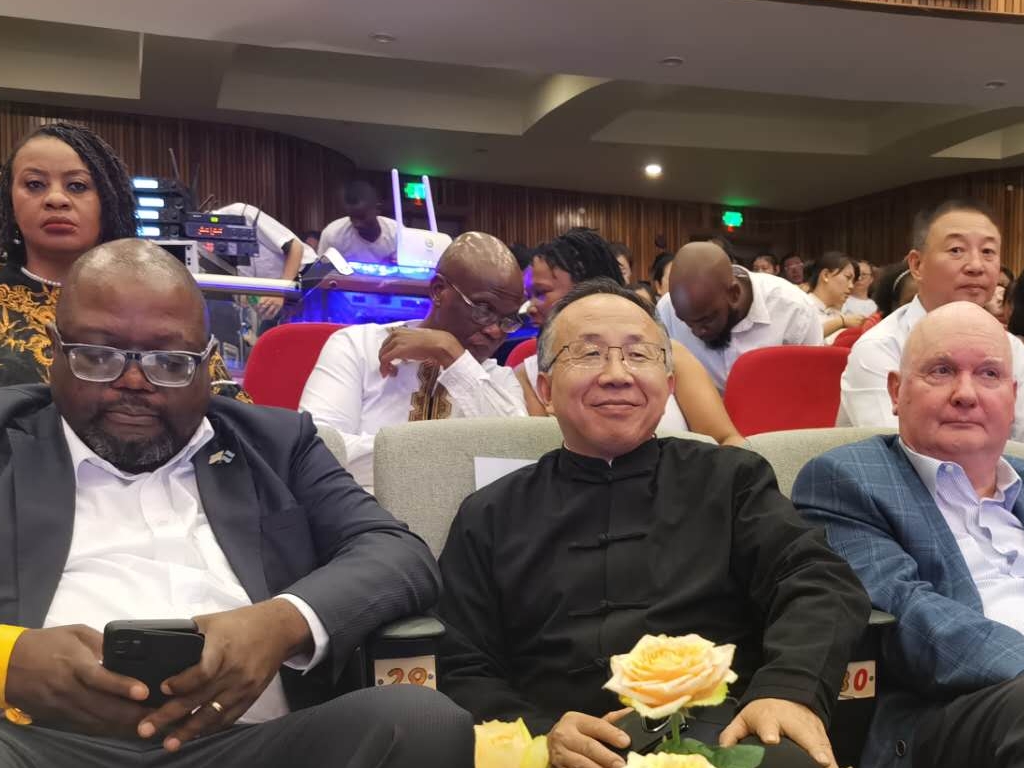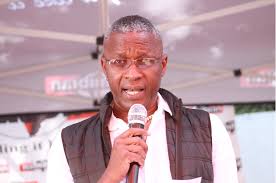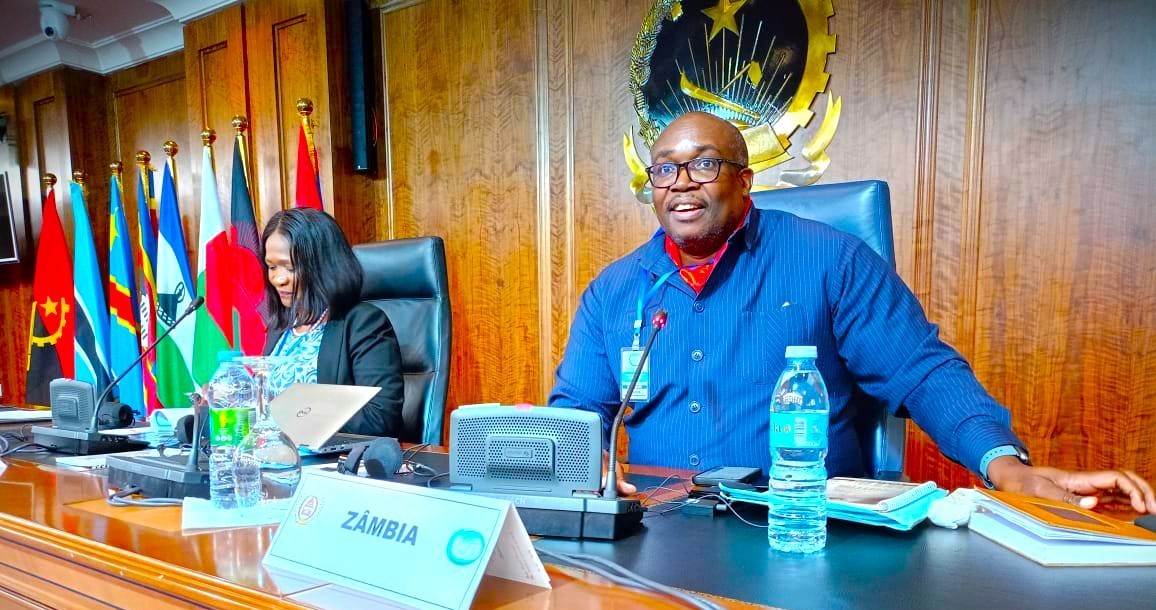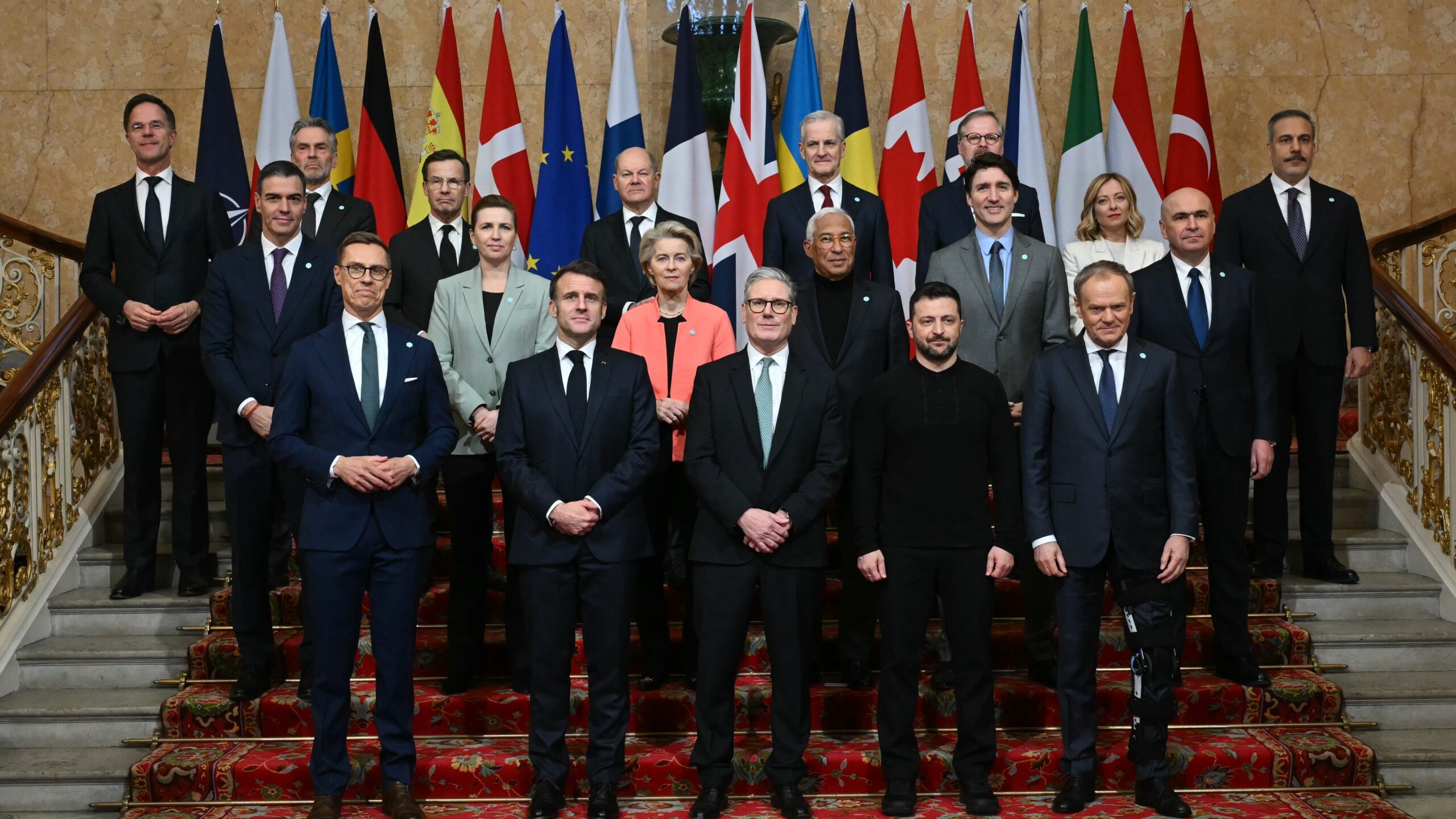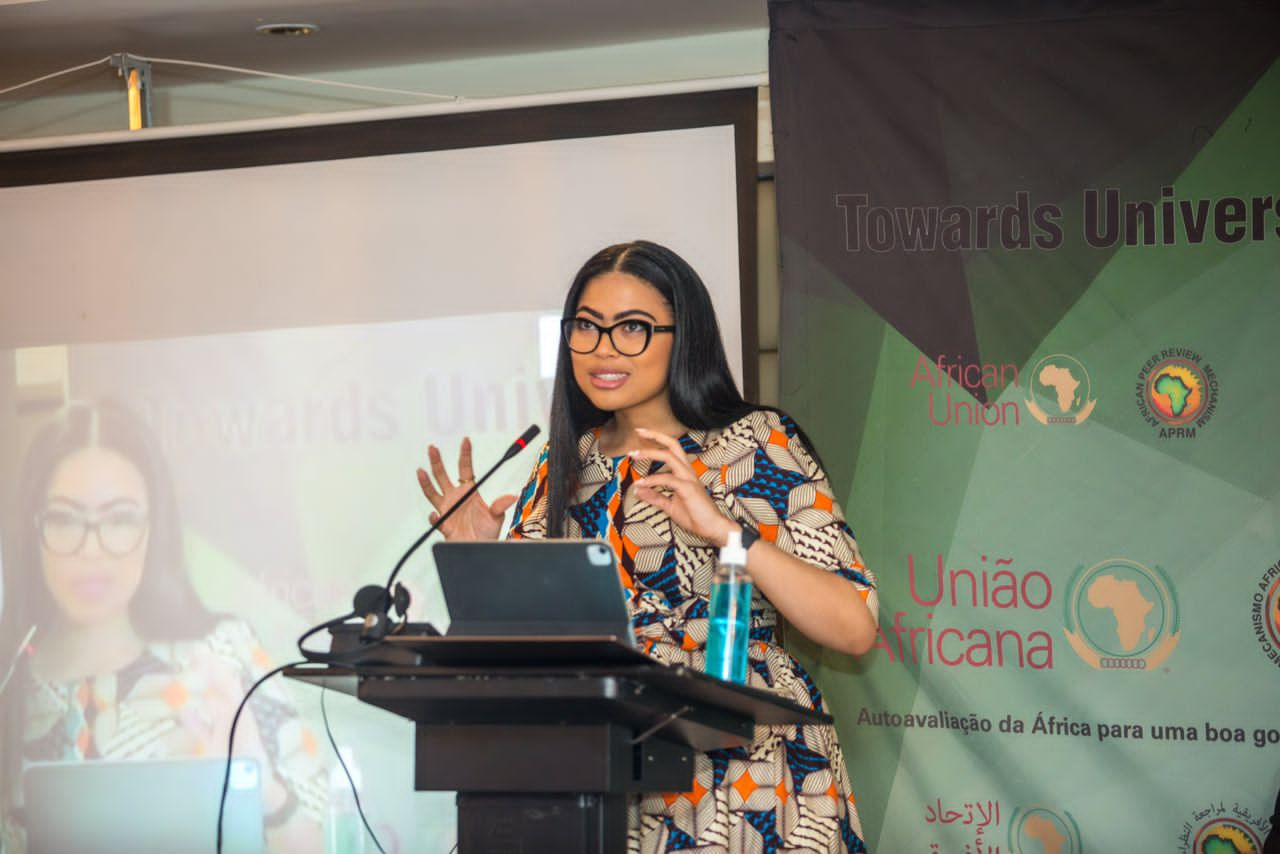
Honorable-Patience-Masua-M.P-Republic-of-Namibia-Keynote-Address-at-the-APRM-Yotuh-Symposium-in-Nairobi-Kenya
The Pan Afrikanist Watchman
The 13 states that have not yet ascended to the African Peer Review Mechanism (APRM) have been urged to join and help in building the ‘Africa we want’ as envisaged in Agenda 2063.
Namibia’s youngest Member of Parliament, Patience Masua, 22, made the remarks on the 26th of September 2021 in Nairobi, Kenya during a Youth Symposium held under the theme, ‘Strengthening Youth Participation in APRM Governance Processes’.

APRM is a governance tool by which African countries commit to being accountable to themselves and to each other in terms of how they govern, how they manage their economies, how corporate institutions in these countries conduct themselves and how they improve the livelihoods of their people.
Out of 54 countries on the African continent, 41 have ascended to the APRM framework, which development Masua described as “a good indication of the African trajectory in creating the Africa We Want”.
Masua explained that under Agenda 2063, the African Union envisages a prosperous Africa based on inclusive growth and sustainable development, and an integrated continent, politically united and based on the ideals of Pan-Africanism and the vision of Africa’s renaissance, a peaceful and secure Africa and an Africa, whose development is people-driven, relying on the potential of African people, especially its women and youth, and caring for children.
Namibia acceded to the APRM on 28 January 2017 when President Hage Geingob signed a Memorandum of Understanding with this very important agency of the African Union thereby committing Namibia to this peer and self-assessment process.
Masua explained that the APRM first resided under the Office of the Deputy Prime Minister who is also the Minister of International Relations and Cooperation. It has, however, since been shifted to the Office of the Presidency with Ambassador Lineekela Mboti as the Head of the Secretariat. According to Masua, this is an indication of how “seriously Namibia takes this review process”.
In fact, she said that Namibia has not only acceded to the APRM in theory but also in deed and action, with the National APRM Governance Council (NGC) having been established and the National Technical Research Institutions formulated under the University of Namibia (UNAM), under the four thematic areas of:
- Democracy and political governance b. Economic Governance and Management c. Corporate governance and d. Socio-economic development.
Masua said that Namibia is clearly engaged in making the APRM a success as it allows the country to join hands with the rest of Africa in pursuing the envisaged dream of the Africa we want. Namibia will be reviewed at the APRM summit in Addis Ababa in January 2022.
Masua revealed that Namibia undertook a targeted review on youth unemployment in December 2020, which identifies education for the youth and employment for the youth as focus areas to which the country must respond.
She said that as a response measure, the government of Namibia has set objectives to reform the education system through actions such as curriculum adaptation for technical and entrepreneurship subjects to be offered throughout the curriculum and to strengthen vocational and technical training.
These measures are contained in the Namibia Country Self-Assessment Report for 2020. Masua said that socio-economic development as a thematic area of the APRM Governance Council cannot be separated from youth development as outlined by the African Youth Charter which was adopted by the African Union on 02 July 2006 and signed and ratified by most member states of the African Union.
Article 10 of the Africa Youth Charter which deals with development stipulates that 1. Every young person shall have the right to social, economic, political, and cultural development with due regard to their freedom and identity and in the equal enjoyment of the common heritage of mankind.
On the other hand Article 11 of the Africa Youth Charter; which deals with Youth Participation stipulates that:
- Every young person shall have the right to participate in all spheres of society.
- State parties shall take the following measures to promote active youth participation in society: They shall: a. Guarantee the participation of youth in parliament and other decision-making bodies in accordance with the prescribed laws. b. Facilitate the creation or strengthening of platforms for youth participation in decision-making at local, national, regional, and continental levels of government. c. Ensure equal access to young men and young women to participate in decision-making and in fulfilling civic duties.
Masua stressed that the symposium was apt in that it discusses ways and means by which citizens of the African continent can strengthen youth participation in APRM governance processes.
“We do not have to re-invent the wheel! The ways by which we ought to strengthen youth participation in the APRM governance process are clearly outlined in the African Youth Charter.
“It is expounded on in the four thematic areas of the APRM through which countries must self-assess mainly: i. Democracy and political governance ii. Economic governance and management, iii. Corporate governance iv., and socio-economic development”, Masua said.
Article 260 of the Constitution of Kenya, defines a youth in Kenya as a person between the ages of 18 to 34. This is nearly the same as the defining age of Youth according to the African Youth Charter which prescribes the age of youth as between 18 and 35 years.
Masua observed that, like the rest of Africa, the youth of Kenya make up the largest segment of its national demographic. The proportion of the youth aged 18-34 in Kenya stands at 25%,
whereas those below 15 years make up 43% of the total population. That effectively means Kenya is a young country with over 68% of the population being under the age of 34.
“This statistic is not only particular to Kenya because even in Namibia where I am from the majority of the population is made up of young people, me included. At 22 years old I am the youngest Member of Parliament in the Republic of Namibia. I was appointed by His Excellency Hage Geingob on the 21 April of this year”.
She reiterated that the APRM is one of many tools in “our arsenal towards creating the Africa we want”, Africa envisioned in Agenda 2063 and as imagined on the 25 May 1963 when “African greats such as His Royal Highness Emperor Haile Selassie and the great Ghanaian statesman Kwame Nkrumah” descended upon Addis Ababa, Ethiopia with the aim of bringing African nations together to resolve the issues within the continent.
Masua is confident that with the OAU’s successor, the A.U. “we are still on course to meet the dream that our Founding Fathers of the OAU had for our continent”, and that with tools such as the APRM “we are guaranteed to create the Africa we want as envisioned in Agenda 2063”.
The symposium was also graced by Ambassador Samori Okwiya, Chief Executive Officer of the African Union Development Agency, Ambassador Ombeni Sefue, Chairperson of the African Peer Review Mechanism Panel of Eminent Persons, Professor Eddy Maloka, Chief Executive Officer of the Africa Peer Review Mechanism, and Stella Agara, Governance and Youth Development Specialist, as well as youth representative from Kenya.






